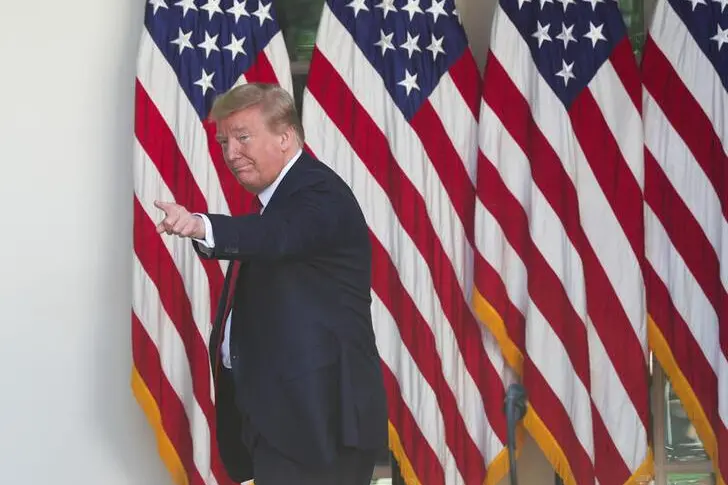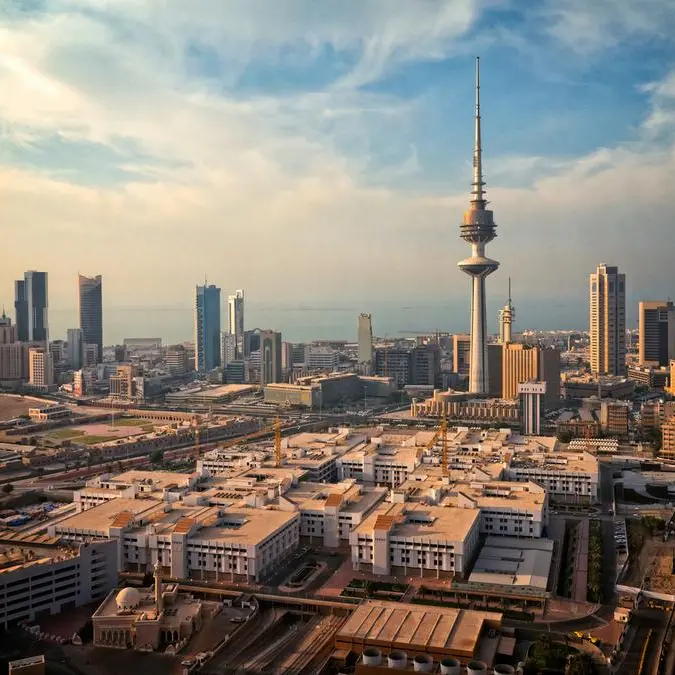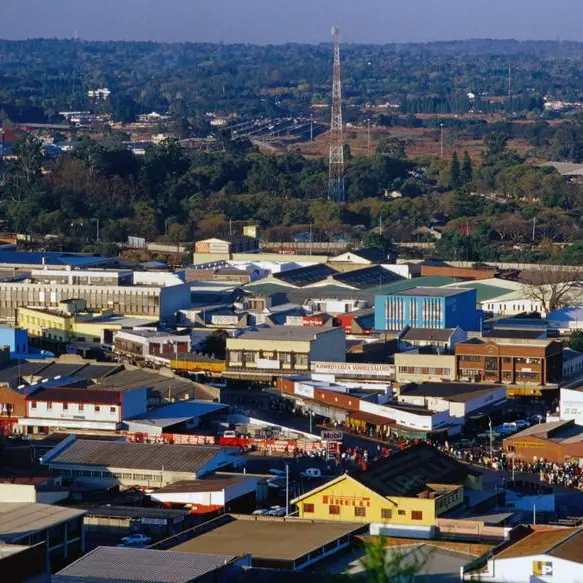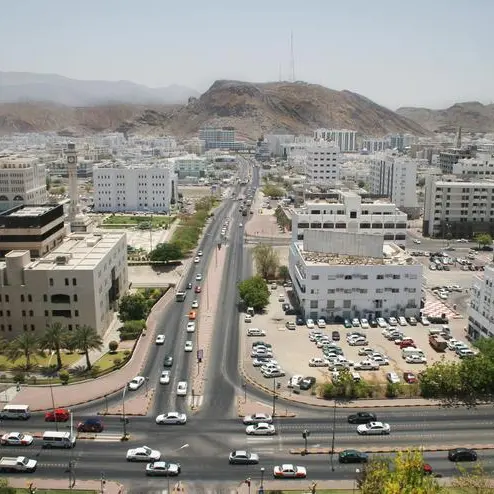PHOTO
SAN FRANCISCO - Sabotaging deals offers the U.S. president a Trumpian trade weapon. Donald Trump is weighing tariffs to punish Beijing for Covid-19. Thwarting regional trade pacts China hopes to sign this year would sting harder, as would buttressing the Trans-Pacific Partnership. But that would require buttering up alienated allies, which is not Trump’s forte.
The pandemic has pushed relations between the United States and China to a low not seen since the Cold War. Trump, who repeatedly uses the phrase “Chinese virus,” blames Beijing for its handling of the outbreak. The White House has floated various forms of retaliation, including additional import taxes on top of ones already on some $370 billion in Chinese goods.
These tariffs would raise costs for U.S. companies that have already seen plunging revenue due to the pandemic. Levies on Chinese goods cost American consumers an additional $73 billion a year, according to the American Action Forum. The question is whether Trump realizes this.
Back-stabbing would be more effective. For example, Beijing has been eager to finalize an investment pact with the European Union this year. But accusations by Chinese diplomats that French nursing home employees abandoned the elderly to die of Covid-19 played very poorly, as did a threat to halt medical exports to the Netherlands. Chinese bluster has given Trump an opening to persuade Atlantic allies to delay the deal.
In Asia, the Regional Comprehensive Economic Partnership, a trade deal involving 15 countries, was on track to be signed this year. But Japan may be getting cold feet, while India dropped out last year. RCEP is vulnerable to U.S. meddling too.
Harnessing TPP’s successor would ice the retaliatory cake. U.S. Secretary of State Mike Pompeo has already said his government is working with Australia, India, Japan, New Zealand, South Korea and Vietnam to restructure global supply chains to counter China. Most of those countries are already part of the pact America dropped out of in 2017. Folding it into a broader U.S.-led group would signal a new attitude towards cooperating to contain China.
But Trump has sabotaged this effort: demanding Seoul pay $5 billion for U.S. troops stationed in South Korea, brandishing auto tariffs at Japan, and imposing an insulting travel ban on Europe. Only if he gets out of his own way will Beijing start worrying.
CONTEXT NEWS
- The U.S. government is considering additional tariffs on Chinese imports to punish Beijing for its handling of the coronavirus outbreak, Reuters reported on May 3. Part of the plan includes options to move global supply chains and manufacturing to the United States.
- Trump said on April 30 that the so-called Phase One trade deal with China is secondary to the pandemic, which he blames on Beijing for misinformation and failing to quickly contain the spread.
(Editing by Pete Sweeney and Jamie Lo) ((gina.chon@thomsonreuters.com; Reuters Messaging: gina.chon.thomsonreuters.com@reuters.net))





















